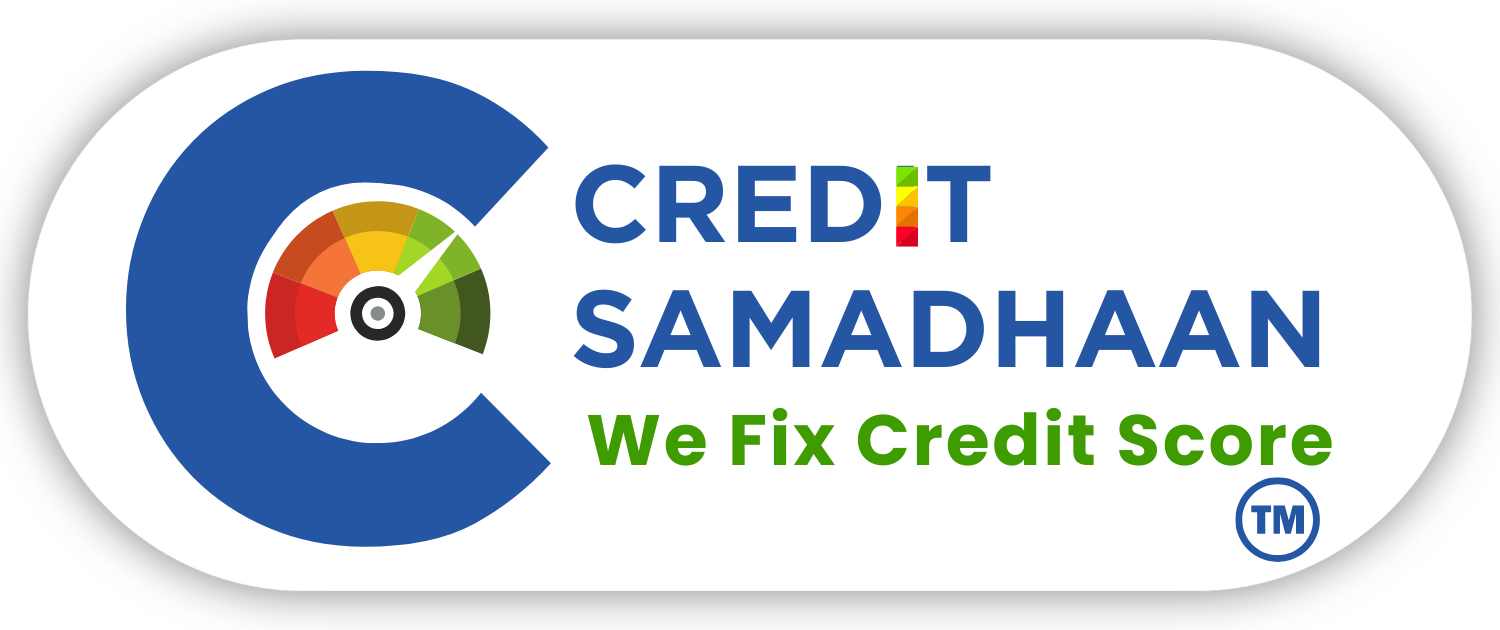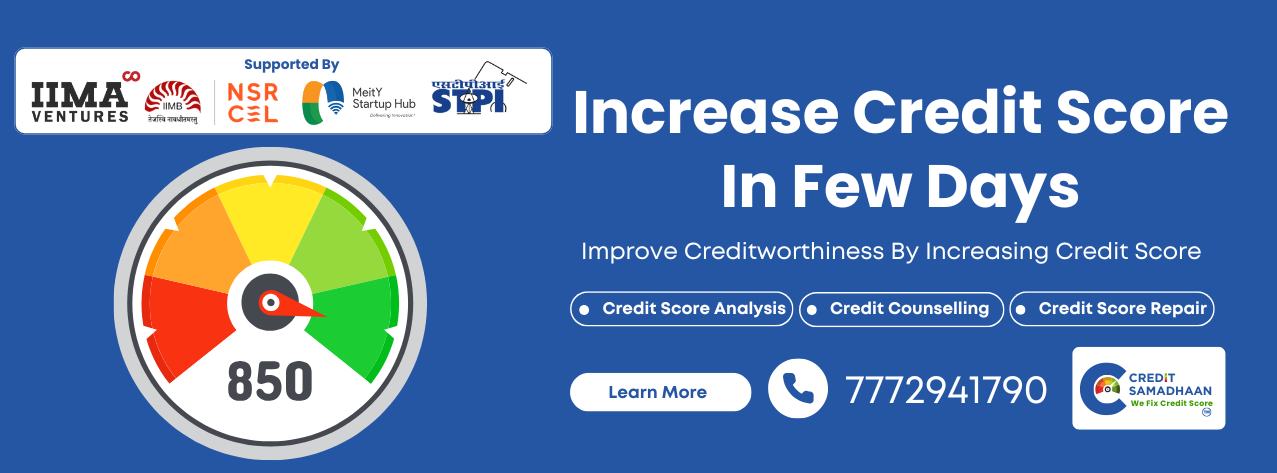🚗 Lease vs. Buy Car: The Ultimate Indian Cost Analyzer 💰
Making a big car decision? Compare total costs of leasing versus buying your next car in India. Get a clear picture and choose the smartest financial path with our easy-to-use calculator!
Stay Updated with Credit Samadhaan!
Deciding Between Leasing and Buying a Car in India?
Choosing whether to lease or buy a car is a significant financial decision, especially in the diverse Indian automotive market. Both options have their unique advantages and disadvantages, and the best choice depends on your individual circumstances, financial goals, driving habits, and preferences. This comprehensive guide, along with our Lease vs. Buy Car Calculator, aims to help you make an informed decision.
Understanding Car Leasing in India
Car leasing is essentially a long-term rental agreement. You pay a monthly fee to use a car for a specified period (typically 2-5 years) and a set mileage limit. At the end of the lease term, you usually return the car to the leasing company, though some agreements may offer an option to buy it.
Pros of Leasing:
- Lower Monthly Payments: Generally, monthly lease payments are lower than EMI payments for a car loan because you're only paying for the car's depreciation during the lease term, not its full value.
- Drive a New Car More Often: Leasing allows you to drive a new vehicle every few years, enjoying the latest technology, safety features, and style.
- Fewer Maintenance Worries: New cars under lease are typically covered by a manufacturer's warranty for most of the lease period. Some lease deals might even include scheduled maintenance.
- Lower Upfront Cost: The initial down payment or security deposit for a lease is often lower than the down payment required for buying a car.
- Tax Benefits for Businesses: Businesses in India can often claim lease rental payments as an expense, leading to tax benefits.
Cons of Leasing:
- No Ownership: At the end of the lease, you don't own the car. The payments you've made don't build any equity.
- Mileage Limits: Leases come with mileage restrictions (e.g., 15,000 km per year). Exceeding these limits can result in hefty penalties.
- Excess Wear and Tear Charges: You might be charged for any damage beyond normal wear and tear when you return the car.
- Early Termination Fees: Ending a lease early can be very expensive.
- Customization Limitations: You usually cannot make significant modifications to a leased car.
Understanding Car Buying in India
Buying a car means you own it outright, typically financed through a car loan where you pay Equated Monthly Installments (EMIs) over a set tenure. Once the loan is paid off, the car is entirely yours.
Pros of Buying:
- Ownership & Equity: The car is your asset. Once the loan is repaid, you own it free and clear, and it has resale value.
- No Mileage Restrictions: Drive as much as you want without worrying about penalties.
- Freedom to Customize: You can modify or customize your car as you wish.
- Long-Term Cost-Effectiveness: If you plan to keep the car for many years after the loan is paid off, buying is often more economical in the long run.
- Sell or Trade-In Anytime: You have the flexibility to sell or trade-in your car whenever you choose, using its value towards your next vehicle.
Cons of Buying:
- Higher Monthly Payments: EMIs for car loans are usually higher than lease payments because you're paying off the entire value of the car plus interest.
- Higher Upfront Cost: Down payments for car purchases are typically substantial.
- Depreciation: Cars depreciate rapidly, especially in the first few years. You bear the full brunt of this depreciation.
- Maintenance & Repair Costs: As the car ages and the warranty expires, you are responsible for all maintenance and repair costs, which can be unpredictable.
- Hassle of Selling: Selling a used car can sometimes be a time-consuming process.
Factors to Consider When Deciding:
- Your Budget: How much can you afford for a down payment and monthly payments? Leasing often offers lower monthly outgoings.
- Driving Habits: How many kilometers do you drive annually? If you drive a lot, buying might be better to avoid mileage penalties.
- How Long You Keep Cars: If you like a new car every 2-3 years, leasing is attractive. If you keep cars for 5+ years, buying is usually more economical.
- Financial Goals: Do you want to build equity in an asset, or do you prioritize lower payments and driving new models?
- Maintenance Tolerance: Are you comfortable managing car maintenance, or do you prefer the newer car warranty coverage that often comes with leasing?
How Our Lease vs. Buy Car Calculator Helps
Our calculator simplifies this complex decision by providing a clear financial comparison. By inputting details such as car price, loan terms, lease terms, and associated costs, it estimates the total cost of ownership for buying versus the total cost of leasing over a comparable period. This allows you to see, in Rupee terms, which option might be more financially advantageous for your specific scenario in India.
Remember, the "better" option is subjective and depends on what you value most. Use this calculator as a tool to gain financial clarity, then weigh the non-financial aspects to make the choice that's right for you.
Credit Samadhaan is here to assist you further. Whether you need help understanding your credit score for a car loan, exploring financing options, or require expert financial advice, we are your trusted partners. Our goal is to empower you to make sound financial decisions.

